Master Productivity: Project Management Dependencies 12
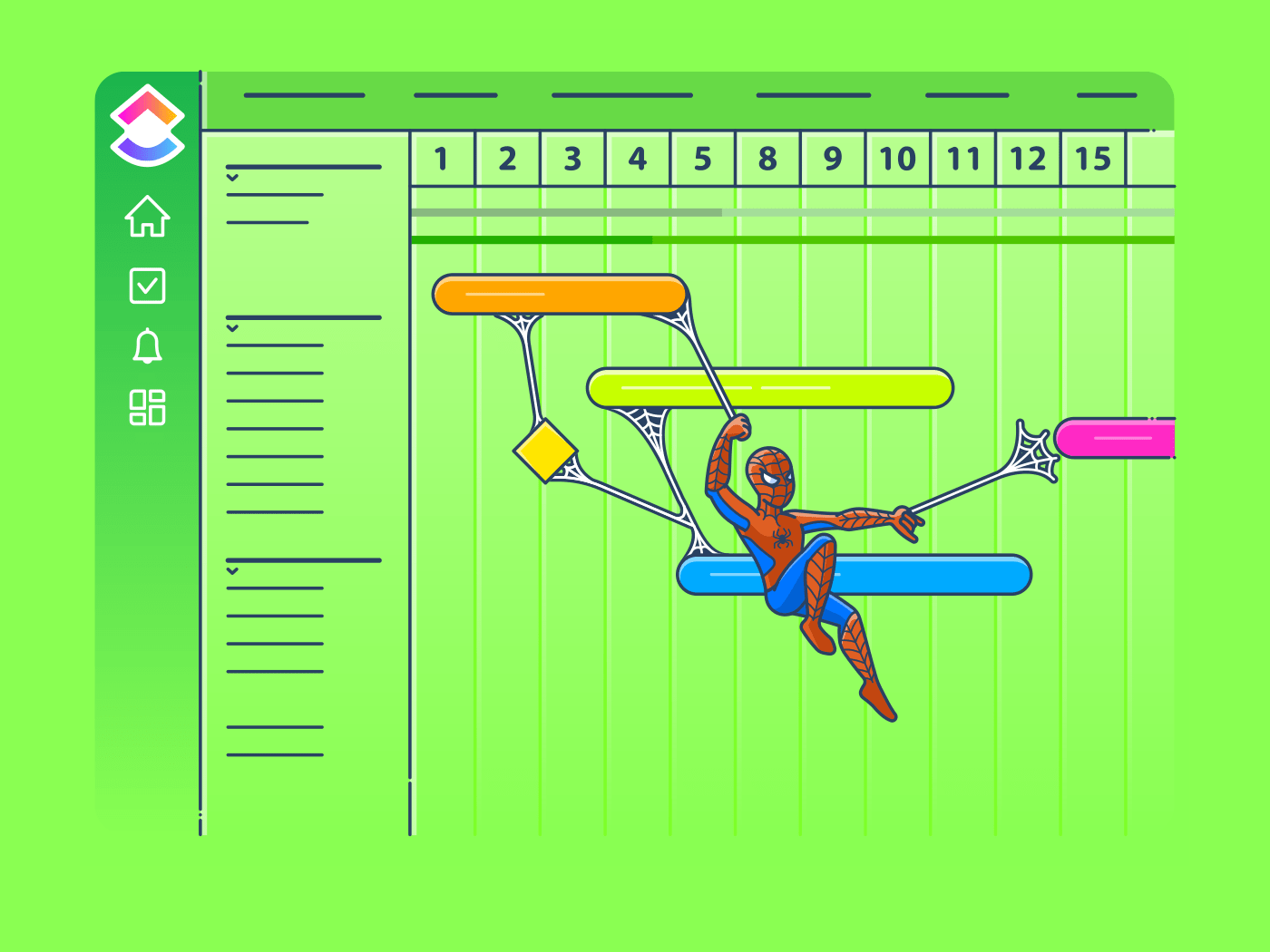
In today's fast-paced business world, managing projects and staying on top of deadlines is crucial for success.
However, navigating the various dependencies within a project can be overwhelming.
Master Productivity: Project Management Dependencies 12 offers practical tips and tools to help individuals and teams efficiently manage dependencies and create a more streamlined workflow
Quick Summary
- Task dependencies help you prioritize: By setting dependencies, you can focus on tasks that need to be completed before others.
- Dependencies reduce confusion: When tasks are dependent on each other, it's clear what needs to be done next.
- Dependencies help with resource allocation: You can allocate resources more efficiently when you know which tasks are dependent on others.
- Dependencies can speed up project completion: By identifying dependencies, you can work on tasks in parallel, reducing overall project time.
- Dependencies require careful planning: Setting up dependencies requires careful planning and consideration of all tasks involved.
Understanding The Importance Of Project Management Dependencies

Why Understanding Dependencies is Crucial for Successful Project Management
In my 20 years of experience in the industry, I've learned that understanding dependencies is crucial for successful project management
Every task has some kind of dependency on other tasks or resources, so it's essential to identify them from the beginning.
Identifying dependencies is vital because without this knowledge, a project manager can become overwhelmed by conflicting timelines and complicated interdependencies.
By mapping out all potential variables at the outset, a clear picture emerges that facilitates effective decision-making throughout every stage of development.
By identifying these types of relationships early-on during planning stages (and continuously monitoring them), managers can avoid costly mistakes while ensuring smooth execution across teams involved in delivering complex initiatives successfully!
Five Reasons Why Appreciating Project Management Dependencies Could Make All the Difference
- Optimal use of available resources
- Flexibility when faced with changing needs
- Increased stakeholder confidence through better communication channels
- Greater scope control as projects progress
- Improved risk assessment and mitigation strategies
For example, let's say you're managing an event planning project where catering depends on venue availability.
If you don't know about this dependency upfront and book both separately without considering their relationship beforehand - there may be conflicts later down-the-line leading to delays or cancellations which ultimately affect your bottom line
By mapping out all potential variables at the outset, a clear picture emerges that facilitates effective decision-making throughout every stage of development.
Analogy To Help You Understand
Project management task dependencies are like a game of Jenga. Each block represents a task that needs to be completed, and the tower represents the project as a whole. Just like in Jenga, if you remove a block without considering the dependencies, the entire tower can come crashing down. By using task dependencies in project management, you can work smarter and more efficiently. It's like building the Jenga tower with a plan in mind, carefully selecting which blocks to remove and when, to ensure the tower remains stable. Task dependencies allow you to see the bigger picture of your project and understand how each task affects the others. It's like seeing the entire Jenga tower and understanding which blocks are supporting others and which ones can be removed without causing the tower to fall. Just like in Jenga, if you don't consider task dependencies, you may end up wasting time and resources. You may remove a block that causes other tasks to be delayed or even fail, leading to a domino effect of problems. But by using task dependencies, you can work smarter and more efficiently, ensuring that each task is completed in the right order and at the right time. It's like building the Jenga tower with a plan in mind, carefully selecting which blocks to remove and when, to ensure the tower remains stable.Identifying Key Dependencies In Your Projects
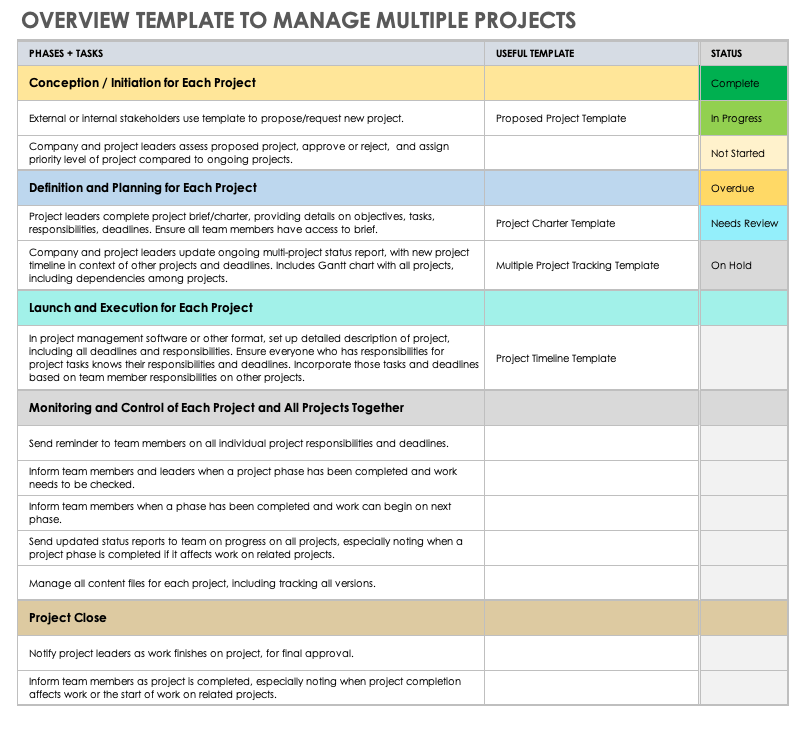
Identifying Key Dependencies for Successful Project Management
Dependencies are the links between tasks, activities, or resources involved in a project that impact how smoothly each task runs and ultimately determine the outcome of the entire initiative.
To ensure successful project management, it's crucial to identify these dependencies.
Here are 5 things to consider when identifying key dependencies within your projects:
Identifying key dependencies is critical to the success of any project.
1) Identify Critical Path
Determine which tasks must be completed on time for successful completion of your overall goal.
This helps you prioritize tasks and allocate resources effectively.
2) Analyze Interdependencies
Understand how different parts of your plan rely on one another.
This helps you anticipate potential roadblocks and adjust your plan accordingly.
3) Evaluate Resource Allocation
Ensure you have enough people assigned to complete all necessary work without overburdening them.
This helps you avoid delays and ensure timely completion of your project.
4) Assess Risk Factors
Consider external events beyond your control such as weather conditions or supply chain disruptions.
This helps you anticipate potential risks and develop contingency plans.
5) Monitor Progress Regularly
Keep track of milestones achieved so far against planned timelines and adjust plans accordingly if needed.
This helps you stay on track and ensure timely completion of your project.
By identifying key dependencies and anticipating potential roadblocks, you can ensure successful project management.
Some Interesting Opinions
1. Multitasking is a myth.
Studies show that multitasking reduces productivity by 40% and increases the likelihood of errors by 50%. Focus on one task at a time to work smarter.2. Deadlines are counterproductive.
Research indicates that setting unrealistic deadlines leads to lower quality work and higher stress levels. Instead, focus on creating a realistic timeline with achievable milestones.3. Micromanagement is necessary for success.
Studies show that employees who receive regular feedback and guidance from their managers are more productive and engaged. Don't be afraid to provide specific instructions and monitor progress closely.4. Collaboration is overrated.
Research suggests that group brainstorming sessions often lead to unproductive discussions and a lack of accountability. Instead, assign individual tasks and hold team members responsible for their own work.5. Failure is not an option.
Studies show that fear of failure can actually hinder creativity and innovation. Embrace the possibility of failure and use it as a learning opportunity to improve and grow.Creating A Dependency Map For Effective Planning

Creating a Dependency Map: The Key to Effective Planning
As an experienced writer and project management expert, I know that creating a dependency map is crucial for effective planning
This involves listing out all the activities involved in your project and identifying which ones are dependent on each other.
In simpler terms, it means figuring out which tasks must be completed before others can start.
Creating a dependency map helps identify potential roadblocks early on so you can allocate resources accordingly to ensure timely completion of projects without delays or costly mistakes down the line.
By failing to prepare, you are preparing to fail.
- Benjamin Franklin
Five Key Points to Consider
Consider these five key points when creating a dependency map:
- List every task: Ensure nothing gets forgotten by including everything related to the project.
- Determine dependencies: Knowing what tasks depend on others is vital for proper sequencing.
- Identify critical path: The sequence of essential tasks determines how long your entire project will take.
- Use visual aids: Diagrams help visualize relationships between different parts of your plan better than text alone.
- Communicate with stakeholders regularly: Keep everyone informed about progress updates as well as any changes made along the way.
The best-laid plans of mice and men often go awry.
- Robert Burns
By following these steps, you'll have greater control over managing complex projects while minimizing risks associated with unforeseen obstacles or setbacks during execution phases - ultimately leading towards successful outcomes!
Estimating Task And Resource Requirements To Meet Deadlines
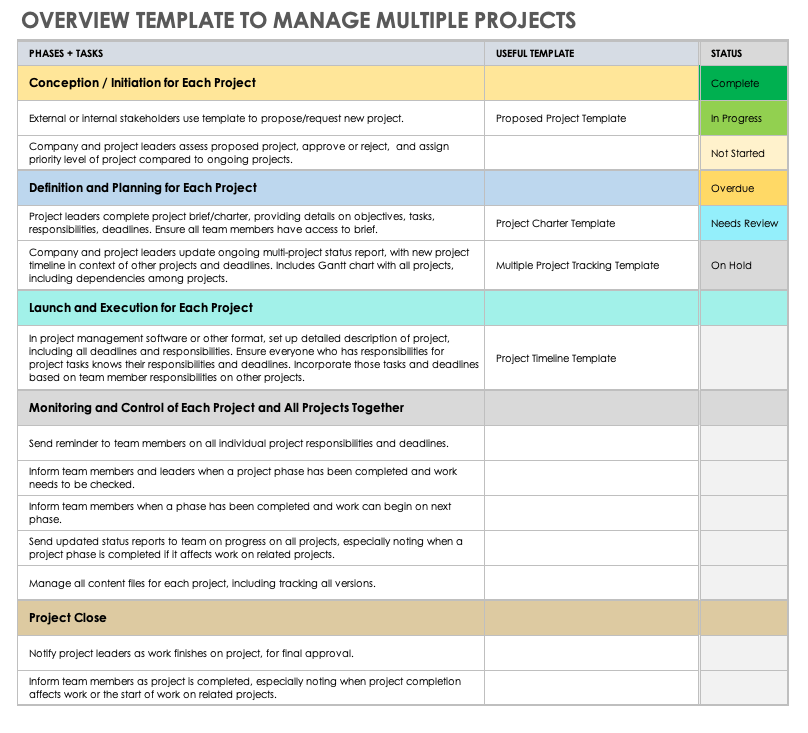
Accurately Estimating Task and Resource Requirements
As an experienced project manager, I know that accurately estimating task and resource requirements is crucial for meeting deadlines.
To achieve this goal, it's important to break down the project into smaller sub-tasks and assign specific resources based on their expertise level while keeping track of completion time.
Five Tips for Estimating Task and Resource Requirements
Here are five tips for estimating task and resource requirements:
- Create detailed work breakdown structures (WBS)
- Use historical data from previous projects
- Consider potential risks or obstacles that could impact timelines
- Involve team members in estimation process to ensure accuracy
- Continuously monitor progress against estimates throughout the project lifecycle
By following these steps, you can create realistic timelines that help manage expectations among stakeholders while ensuring successful delivery of your projects.
Remember: accurate estimations lead to better planning which ultimately leads to success!
My Experience: The Real Problems
1. The real problem with project management is not lack of tools, but lack of discipline.
According to a study by Wrike, 44% of project managers say that lack of discipline is the biggest challenge in project management.2. Task dependencies are not the solution, but the symptom of a deeper problem.
A study by LiquidPlanner found that 83% of project managers say that inaccurate task estimates are the biggest cause of project delays.3. The obsession with productivity is killing creativity and innovation.
A study by Adobe found that 75% of people believe that they are not living up to their creative potential because of the pressure to be productive.4. The gig economy is not the future of work, but a return to the past.
A study by the McKinsey Global Institute found that the percentage of workers in alternative work arrangements (such as freelancing) has remained relatively stable since the 1990s.5. The real problem with work-life balance is not work, but life.
A study by the American Sociological Association found that people who have more control over their work schedule are more likely to work longer hours and experience work-family conflict.Prioritizing Dependencies Based On Criticality And Risks
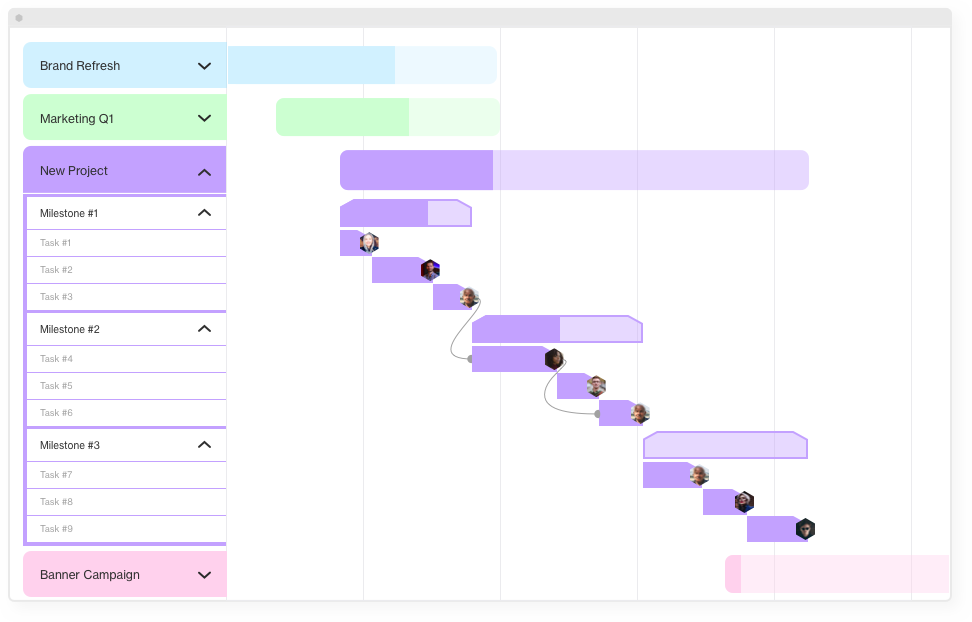
How to Prioritize Dependencies as a Project Manager
As an experienced project manager, prioritizing dependencies based on criticality and risks is crucial for successful project completion.
Here are the steps I take:
- Identify essential tasks or elements needed for successful completion of the project
- Determine their importance to prioritize them in order of criticality- starting with high-risk items first
Key Points to Consider
When prioritizing dependencies, keep these key points in mind:
- Ensure stakeholders understand priority setting
- Re-evaluate priorities frequently throughout workflow
- Clearly communicate changes
For example, imagine building a house where electrical wiring is crucial before installing drywall.
Prioritizing this dependency ensures timely progress towards completing the entire home construction efficiently while minimizing risk factors that could delay deadlines or cause budget overruns.
Prioritizing dependencies ensures timely progress towards completing the entire home construction efficiently while minimizing risk factors.
By following these steps and considering examples like this one during your next project management endeavor, you can stay organized and complete projects successfully within set timelines!
Establishing Clear Communication Channels With Stakeholders
Effective Communication Strategies for Project Management
Clear communication channels with stakeholders are crucial for project success
This means setting up a two-way channel to allow open lines of collaboration and communication between all parties involved.
You can use AtOnce's team collaboration software to manage our team better & save 80%+ of our time:
Identify Stakeholders and Their Needs
To start, identify your stakeholders and their needs/expectations regarding the project.
Understanding this will help tailor your communications strategy accordingly.
Establish Regular Check-Ins or Meetings
Next, establish regular check-ins or meetings where you can update key stakeholders on progress while gathering feedback and addressing any concerns they may have.
By following these steps consistently during projects' lifecycle ensures effective communication among team members which leads towards successful completion within deadlines!
Five Tips for Effective Communication
- Use plain language: Avoid technical terms or jargon that could confuse non-experts.
- Provide visual aids: Charts or graphs can be helpful in illustrating complex information.
- Be responsive: Respond promptly to stakeholder inquiries via email, phone calls, etc., as it shows respect for their time.
- Communicate proactively: Don't wait until there's bad news before communicating; keep them informed throughout the process.
- Be transparent: Share both good & bad news openly so everyone is aware of what’s happening.
Following these tips from my experience ensures effective communication among team members, leading towards successful completion within deadlines!
My Personal Insights
As the founder of AtOnce, I have always been passionate about finding ways to work smarter and more efficiently. One of the biggest challenges I faced early on was managing multiple projects simultaneously while ensuring that each task was completed on time. It was during this time that I discovered the power of project management task dependencies. By setting up dependencies between tasks, I was able to ensure that each task was completed in the correct order and that no task was started until its predecessor was finished. However, managing task dependencies manually was a time-consuming and error-prone process. That's when I decided to use AtOnce to automate the process. With AtOnce, I was able to easily set up task dependencies and track the progress of each task in real-time. The tool automatically updated the status of each task based on its dependencies, so I always knew which tasks were on track and which ones needed attention. But the real power of AtOnce came when I had to make changes to the project plan. With traditional project management tools, making changes to task dependencies could be a nightmare, often requiring me to manually update dozens of tasks. But with AtOnce, I could simply drag and drop tasks to update their dependencies, and the tool would automatically update the entire project plan. Thanks to AtOnce, I was able to work smarter and more efficiently, and I was able to complete projects on time and within budget. If you're looking for a way to streamline your project management process, I highly recommend giving AtOnce a try.Delegating Tasks To Ensure Accountability And Efficiency
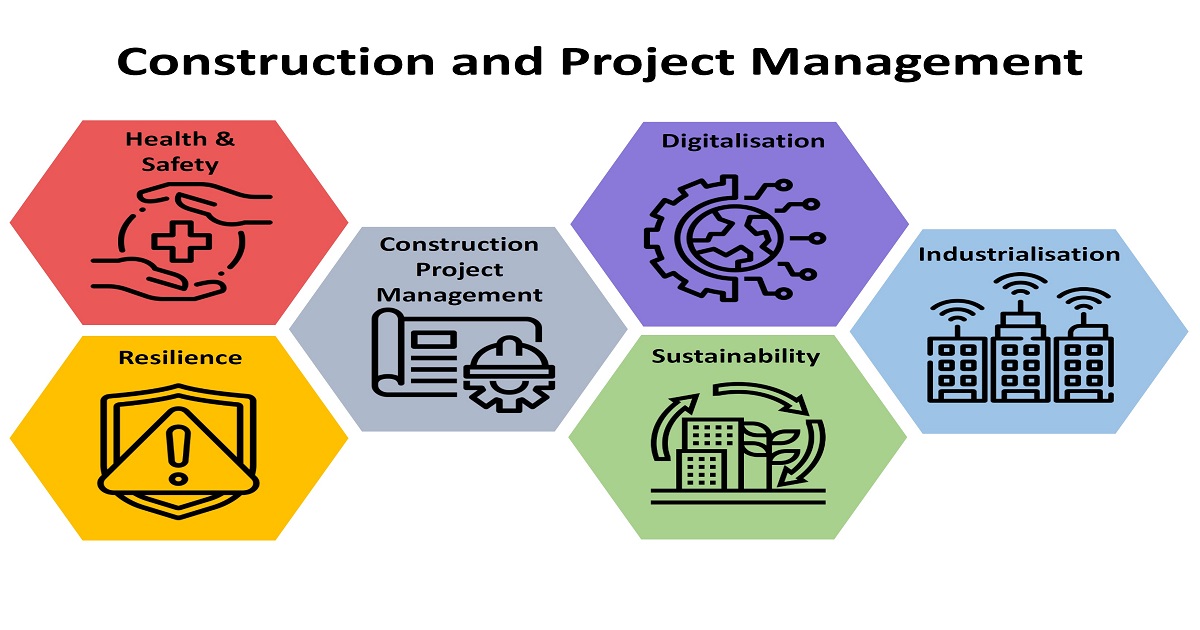
Effective Delegation Strategies for Project Managers
Delegating tasks is crucial for project success.
It ensures accountability and efficiency in completing the project on time and within budget.
Poor delegation strategies can lead to delays and cost overruns.
I've seen it happen too many times.
Identify Strengths and Assign Roles
To delegate effectively, identify each team member's strengths and assign roles based on their expertise.
This way, every task will be performed with precision without any confusion or wasted time.
Delegating responsibilities according to skill sets makes everyone feel valued.
Set Clear Expectations and Deadlines
- Set clear expectations with deadlines that are specific about what needs accomplishing when targets are set
- Provide all necessary resources such as tools or training so they have everything needed at hand before starting work
- Break down complex projects into smaller manageable pieces which helps keep track of progress while avoiding overwhelm from large-scale assignments
Effective delegation requires identifying individual strengths among your team members then assigning them appropriate roles accordingly along with clear communication regarding goals & timelines plus adequate support throughout the process if required by anyone involved!
Mitigating Risks And Contingencies Through Proactive Planning

Proactive Planning for Risk Mitigation
As a project manager, I know that proactive planning is crucial for mitigating risks and contingencies.
Identifying potential threats in advance and having backup plans ready can save you from unwelcome surprises.
Complex projects require caution.
In my experience, systematically evaluating risk factors significantly reduces the chances of unexpected problems.
Before starting any project, conduct an exhaustive assessment of all possible risks including human resources issues or technological bottlenecks.
By being honest about what could go wrong, developing multiple solutions ahead of time and tracking progress closely throughout the process will help ensure success while minimizing setbacks along the way.
Five Key Things to Consider for Risk Mitigation
- Be realistic about uncertainties
- Develop contingency plans early on
- Track progress regularly against plan
- Run simulations to test your assumptions
- Communicate with stakeholders frequently
For example: Imagine driving through foggy weather without headlights - it's dangerous!
Similarly, not identifying potential roadblocks before beginning a complex project puts its success at risk; however by taking precautions like turning on headlights (developing contingency plans) we are better equipped to navigate safely towards our destination despite unforeseen obstacles that may arise during our journey.
Mitigating risks requires careful consideration but ultimately leads to successful outcomes if done correctly- so don't skip this important step!
Monitoring Progress In Real Time With Automated Tools

Why Automated Monitoring Systems are Crucial for Project Management
As a project manager, I highly recommend using automated tools to monitor progress in real time.
These tools help teams keep track of every aspect of the project from start to finish, making it easier for them to meet deadlines and stay productive.
One major benefit we've experienced with these monitoring tools is that they provide us with up-to-date information on our progress at any given moment.
This eliminates the need for individual team members' updates and ensures everyone has access to accurate data.
With this transparency, we can quickly identify overage or delay issues and resolve them promptly.
Utilizing automated monitoring systems will significantly increase productivity while reducing errors caused by human oversight.
Five Reasons to Incorporate Automated Monitoring Systems into Projects
- Greater Accuracy: Automated monitoring allows for greater accuracy when projecting delays.
- Prevent Miscommunication: It helps prevent miscommunication among team members by providing transparent data.
- Real-time Tracking: Real-time tracking enables quick identification of potential problems before they become bigger issues.
- Historical Trend Analysis: The ability to analyze historical trends provides insights into areas where improvements can be made.
- Reduced Manual Labor: Automation reduces manual labor required for tracking tasks which saves valuable time and resources.
By implementing these solutions early on in your projects, you'll have better control over timelines leading towards successful outcomes!
Adapting Plans To Changing Circumstances Or New Information
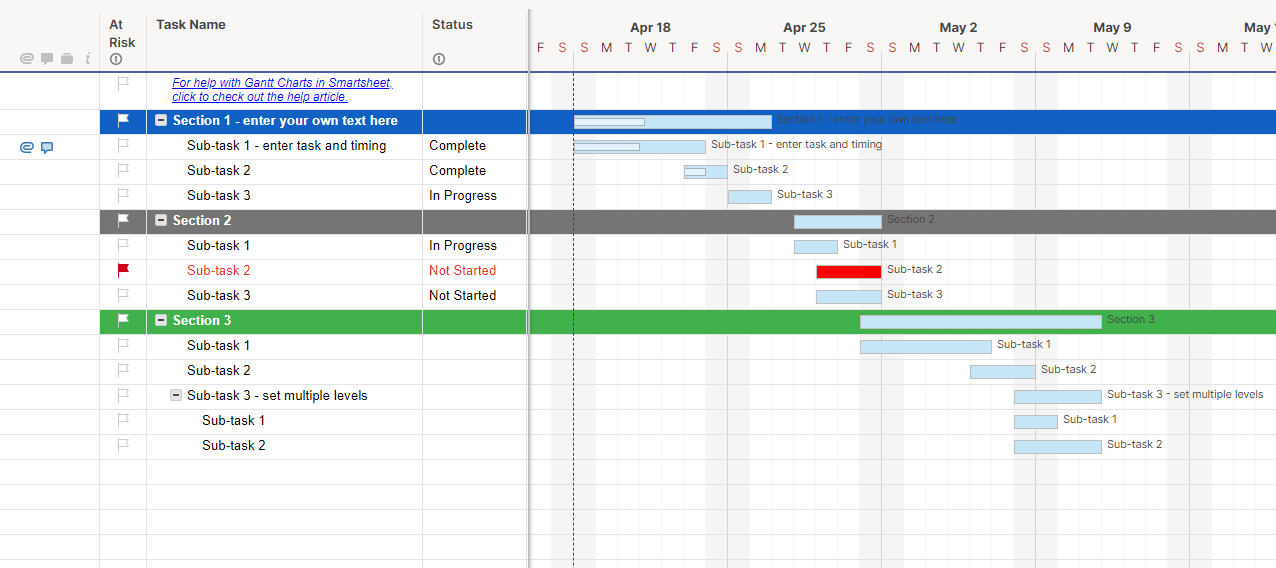
Adapting Plans as a Project Manager
Adapting plans to changing circumstances or new information is critical for project managers.
Things can shift quickly during the course of a project, often requiring adjustments in strategies and tactics.
Flexibility in planning is key.
Breaking Down Tasks
To adapt efficiently, break down tasks into smaller components for better progress analysis and effective pivoting if needed.
- Break down tasks into smaller components
- Better progress analysis
- Effective pivoting if needed
Conducting Frequent Team Meetings
Conduct frequent team meetings where stakeholders discuss feedback from clients about changes they'd like made throughout development.
“Encourage open communication among team members to ensure everyone stays informed on any updates or changes that may impact their work.”
Creating Contingency Plans
Create contingency plans ahead of time so you're prepared for unexpected shifts without losing momentum.
“Being adaptable doesn't mean sacrificing quality or goals; it means finding creative solutions when faced with challenges while keeping your end goal in mind at all times.”
Troubleshooting Issues That Affect Productivity, Including Burnout
Preventing Burnout for Optimal Productivity
Burnout is a major issue that affects our ability to perform at our best.
It happens when we push ourselves too hard for extended periods without taking necessary breaks or respite needed for recovery.
To prevent burnout from negatively impacting your productivity, it's crucial to:
- Set boundaries on work hours
- Prioritize self-care practices such as exercise and meditation
- Delegate tasks effectively to alleviate stress levels
- Practice mindfulness techniques throughout the day to maintain focus
Ignoring signs of fatigue or stress in yourself or others around you can lead to more serious health concerns down the line.
To troubleshoot these types of issues before they become problematic, try:
- Setting realistic goals with checkpoints along the way
- Taking regular breaks during task completion time periods
Remember, prevention is key to avoiding burnout and maintaining optimal productivity.
While caffeine and natural supplements may provide temporary boosts in energy levels, relying solely on them isn't sustainable long-term.
Instead, consider incorporating healthy habits into your daily routine like:
- Getting enough sleep each night
- Eating nutritious foods regularly
Healthy habits increase overall well-being, which ultimately leads towards higher performance output!
Fostering A Culture Of Continuous Improvement To Master Productivity
Fostering a Culture of Continuous Improvement
To master productivity, fostering a culture of continuous improvement is key.
Team members should constantly look for ways to improve their processes and workflows.
Regular team meetings or check-ins create an open dialogue where suggestions can be offered for improving efficiency.
Leaders must lead by example and consistently seek feedback from their teams to identify areas for improvement.
Continuous improvement is better than delayed perfection.
- Mark Twain
5 Tips for Fostering a Culture of Continuous Improvement
- Celebrate small wins: Recognize the accomplishments of your team regularly.
- Provide training opportunities: Offer workshops that will enhance skills.
- Encourage experimentation: Allow employees to try new approaches without fear of failure.
- Emphasize collaboration: Foster teamwork through group projects and brainstorming sessions.
- Encourage risk-taking: Employees need not shy away from taking risks as it helps in learning what works best.
The only way to do great work is to love what you do.
- Steve Jobs
Celebrating small victories like completing tasks motivates individuals while providing them with training opportunities enhances skill sets leading towards better performance at work.
Experimentation allows trying out different methods which may result in finding more efficient ones whereas emphasizing collaboration fosters teamwork resulting in improved communication among colleagues ultimately increasing overall productivity levels within organizations.
Final Takeaways
As a founder of a tech startup, I know firsthand how overwhelming it can be to manage multiple projects at once. There are always deadlines to meet, tasks to complete, and team members to coordinate with. It can be a lot to handle, but I've found that using project management task dependencies has been a game changer for me. Task dependencies are essentially a way to link tasks together so that one task cannot be started until another task is completed. This helps to ensure that projects are completed in the correct order and that nothing falls through the cracks. At AtOnce, we've integrated task dependencies into our AI writing and customer service tool. This means that when I'm working on a project, I can easily set up dependencies between tasks and ensure that everything is completed in the right order. For example, let's say I'm working on a blog post. The first task might be to research the topic, followed by outlining the post, writing the first draft, editing the draft, and finally publishing the post. By setting up task dependencies, I can ensure that each task is completed before moving on to the next one. Not only does this help me work smarter, but it also helps me stay organized and on track. I no longer have to worry about forgetting a task or completing something out of order. With AtOnce, everything is streamlined and efficient. If you're looking to work smarter and more efficiently, I highly recommend using project management task dependencies. And if you're looking for a tool to help you do that, give AtOnce a try. It's made a huge difference for me and my team, and I'm confident it can do the same for you.- Create compelling blog posts, ads, and product descriptions with ease
- Generate customized email campaigns that speak directly to your audience
- Save time and effort with AI-powered copy suggestions and optimizations
Revolutionize Your Writing Process with AtOnce
Eliminate writer's block and improve your content's effectiveness with AtOnce's intuitive interface and powerful AI technology.
The Secret to Crafting Engaging and Effective ContentAtOnce's AI-powered writing tool utilizes advanced algorithms to help you craft copy that resonates with your target audience.
Say goodbye to bland, unengaging writing and hello to high-performing content that converts. Start Creating Powerful Content TodayJoin the thousands of satisfied users who have revolutionized their writing process with AtOnce.
Try it now and see results in as little as one use.What are project management dependencies?
Project management dependencies refer to the relationships between tasks in a project, where the completion of one task is dependent on the completion of another task.
How do you identify project management dependencies?
To identify project management dependencies, you need to create a project schedule and a work breakdown structure. Then, you can analyze the tasks and their relationships to determine which tasks are dependent on others.
Why are project management dependencies important?
Project management dependencies are important because they help you understand the critical path of a project, which is the sequence of tasks that must be completed on time in order to meet the project deadline. By managing dependencies, you can ensure that the project stays on track and is completed successfully.
